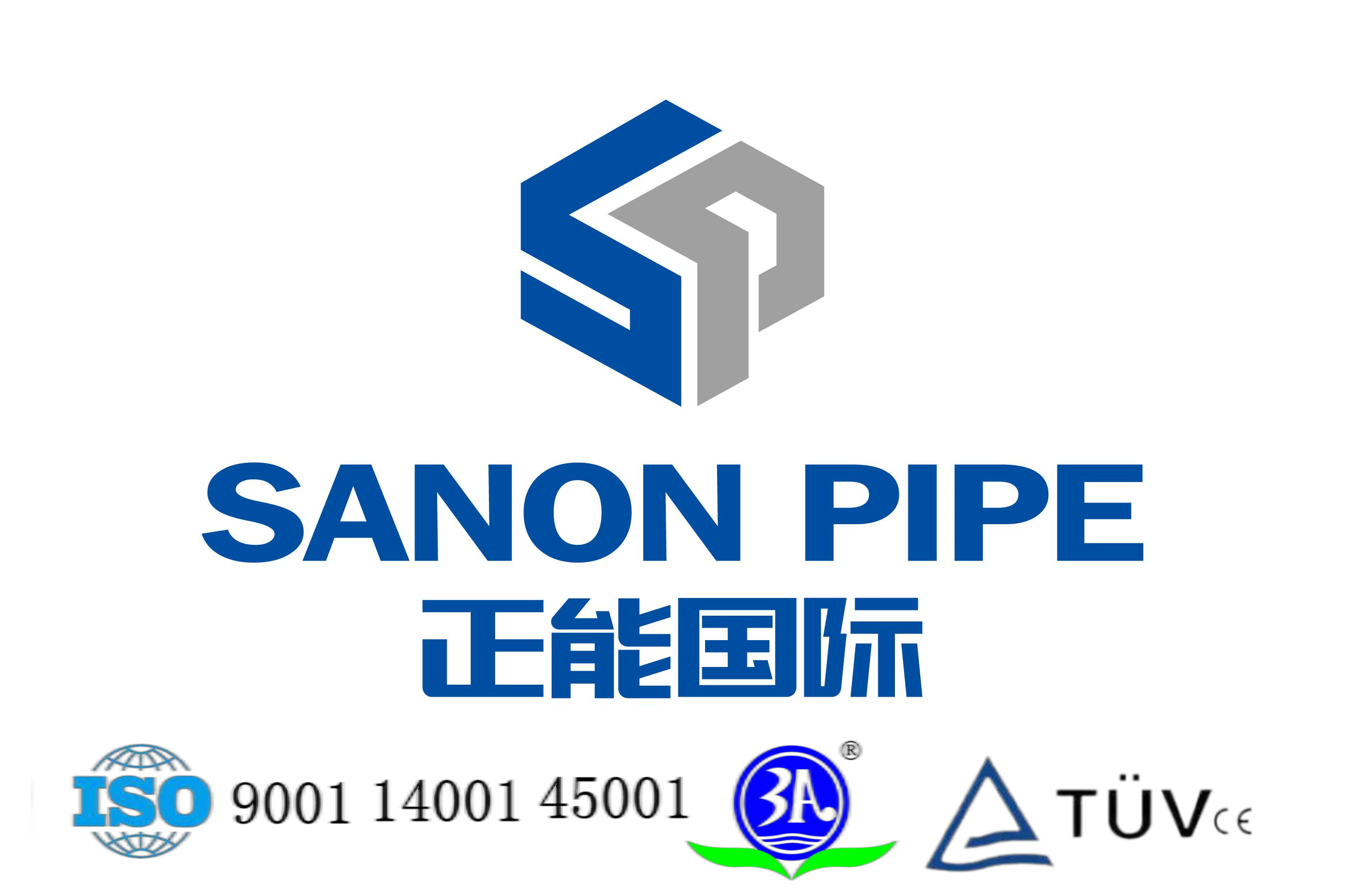Carbon (C): Carbon content in steel increases, yield point, tensile strength and hardness increase, but plasticity and impact properties decrease. When the carbon content exceeds 0.23%, the welding performance of steel deteriorates, so if it is used for welding The carbon content of low-alloy structural steel generally does not exceed 0.20%. High carbon content will also reduce the atmospheric corrosion resistance of steel, and high-carbon steel in the open stock yard is easy to rust; in addition, carbon can increase the cold brittleness and aging sensitivity of steel.
Silicon (Si): Silicon is added as a reducing agent and deoxidizer in the steelmaking process, so the killed steel contains 0.15-0.30% silicon. Silicon can significantly improve the elastic limit, yield point and tensile strength of steel, so it is widely used as elastic steel. An increase in the amount of silicon will reduce the welding performance of steel.
Manganese (Mn). In the steelmaking process, manganese is a good deoxidizer and desulfurizer. Generally, steel contains 0.30-0.50% manganese. Manganese can increase the strength and hardness of steel, increase the hardenability of steel, improve the hot workability of steel, and reduce the welding performance of steel.
Phosphorus (P): Generally, phosphorus is a harmful element in steel, which increases the cold brittleness of steel, deteriorates welding performance, reduces plasticity, and deteriorates cold bending performance. Therefore, the phosphorus content in steel is generally required to be less than 0.045%, and the requirement for high-quality steel is lower.
Sulfur (S): Sulfur is also a harmful element under normal circumstances. Make steel hot brittle, reduce steel ductility and toughness, and cause cracks during forging and rolling. Sulfur is also detrimental to welding performance, reducing corrosion resistance. Therefore, the sulfur content is generally required to be less than 0.045%, and the requirement for high-quality steel is lower. Adding 0.08-0.20% sulfur to steel can improve the machinability, and it is generally called free-cutting steel.
Vanadium (V): Adding vanadium to steel can refine the structure grains and improve the strength and toughness.
Niobium (Nb): Niobium can refine grains and improve welding performance.
Copper (Cu): Copper can improve strength and toughness. The disadvantage is that it is prone to hot brittleness during hot working, and the copper content in scrap steel is often higher.
Aluminum (Al): Aluminum is a commonly used deoxidizer in steel. A small amount of aluminum is added to the steel to refine the grains and improve the impact toughness.
The influence of steel elements in alloy pipes on performance
-

Phone
-

E-mail
-

Whatsapp
-

Wechat
-

Top
